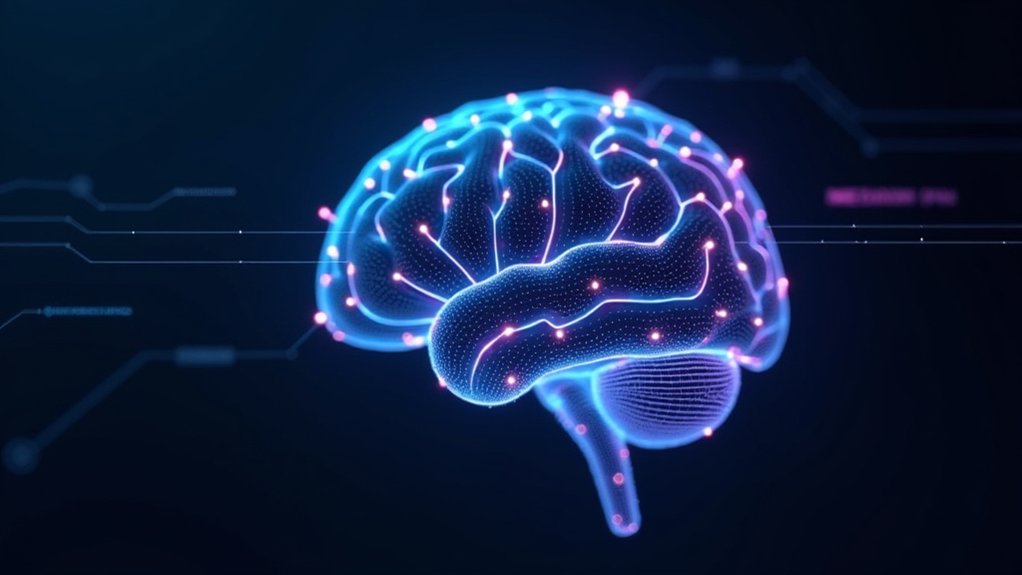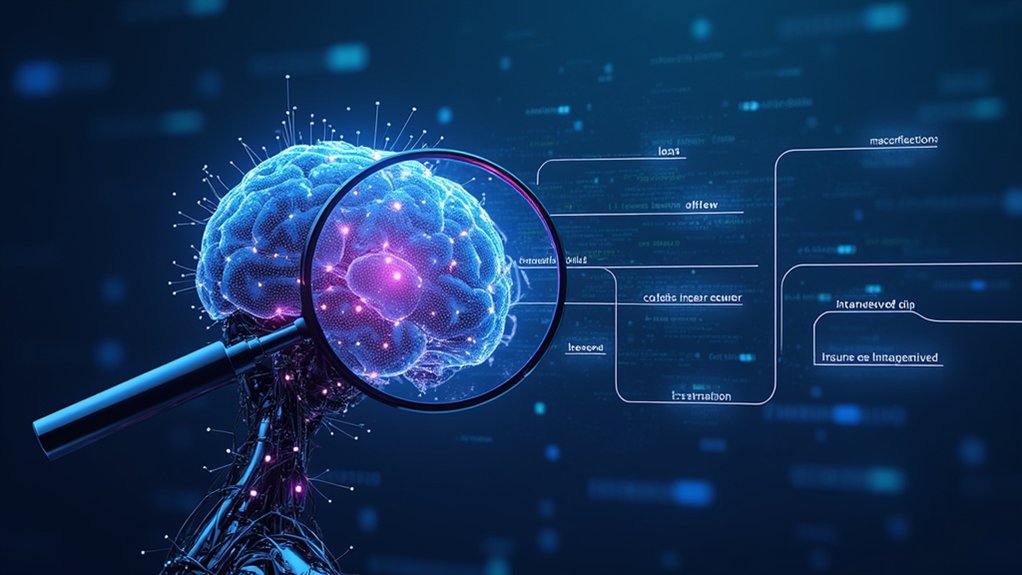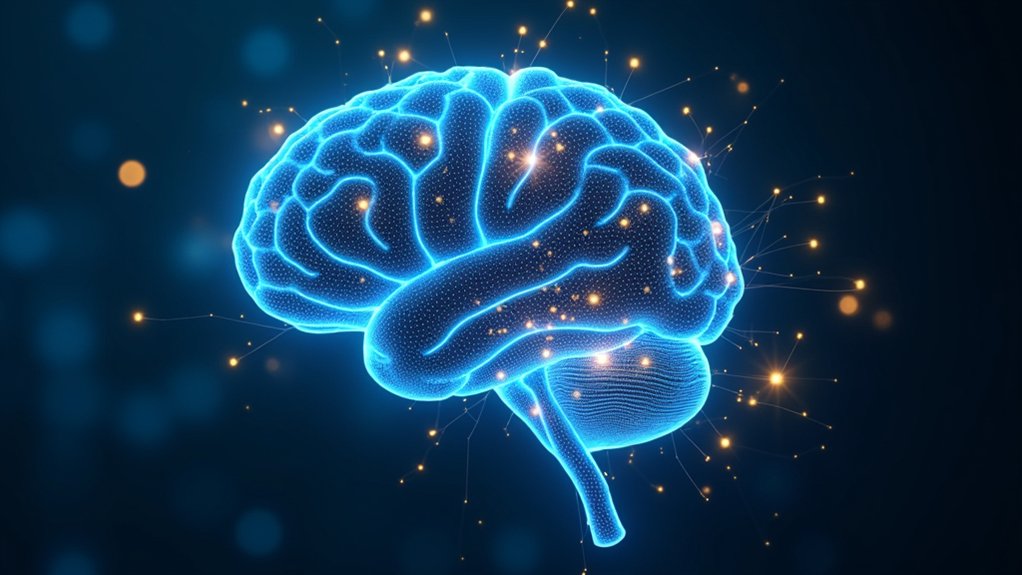Meta AI is a virtual assistant created by Meta that works across Facebook, Instagram, and WhatsApp. It helps users find information, create images, and plan activities through natural conversations. Powered by the Llama 3.3 model with 70 billion parameters, it can understand both text and images together. Meta AI is available in 22 countries and can be accessed by typing @Meta AI in chats. The technology continues to evolve with new features.

Meta AI is a virtual assistant created by Meta, the company formerly known as Facebook. This advanced tool works across Meta's popular platforms including Facebook, Instagram, and WhatsApp. It's designed to help users by making their online experience more personal and productive through natural language conversations.
The assistant can perform many tasks that make daily digital life easier. It answers questions, creates and edits images based on simple text descriptions, and provides real-time information through its partnership with Bing search. Meta AI also supports voice interactions, with some celebrity voice options available for a more customized experience.
Behind the scenes, Meta AI runs on powerful technology called Llama, specifically the Llama 3.3 model with 70 billion parameters. This sophisticated system lets the assistant understand both text and images together. The assistant's effectiveness is enhanced by continuous learning algorithms that improve its responses over time. Meta updates the system every two weeks to improve how it works and add new features.
As of July 2024, Meta AI is available in 22 countries and supports several languages including English, French, German, and Spanish. Users can access it by typing @Meta AI in chats or group conversations. It's also built into Facebook search and the news feed. In February 2024, Meta launched a standalone app dedicated to this AI assistant.
People use Meta AI for many everyday tasks. It helps with finding information, creating content, suggesting activities or recipes, planning trips, and analyzing photos that users upload. Similar to other AI chatbots, Meta AI uses Natural Language Processing to understand user intent and provide personalized responses. With the potential to reach 3.19 billion daily users across Meta's product ecosystem, the assistant represents one of the most widely accessible AI tools available today. The system includes privacy options too. Users can mute or disable Meta AI features if they prefer not to use them.
Meta has big plans for the future of its AI assistant. The company is working on expanding AI Studio for third-party developers, integrating the assistant into virtual reality experiences, and developing more advanced reasoning abilities. Meta is also exploring new ways AI could help businesses improve customer service.
Frequently Asked Questions
How Does Meta AI Compare to Competitors Like Google AI?
Meta AI and Google AI offer competing AI technologies with different strengths.
Meta excels in conversations and social interactions through its LLaMA 3 model, while Google's PaLM 2 and Gemini models focus on information retrieval and productivity.
Meta has performed better in image generation and conversation tests, while Google shows stronger coding capabilities.
Meta's AI appears across social platforms, whereas Google's integrates with productivity tools and search functions.
Can Meta AI Be Integrated With Non-Meta Products?
Currently, Meta AI has limited integration options with non-Meta products.
There's no official API for third-party integration, as it's primarily designed for Meta's ecosystem.
While Meta is exploring partnerships with select companies, users must rely on workarounds like utilizing Meta AI features through Facebook or Instagram ads.
Those needing broader integration capabilities might consider alternatives like OpenAI's GPT models or Google's AI tools.
What Privacy Concerns Exist With Using Meta AI?
Meta AI raises several privacy concerns. Users' data is collected from posts, photos, and interactions without clear consent.
Many can't opt out of having their information used for AI training. Privacy settings are often confusing.
There's also risk of data breaches, third-party access, and law enforcement requests. The AI could potentially reveal personal information or impersonate users based on their data.
Does Meta AI Require Specialized Hardware to Function Effectively?
Yes, Meta AI does rely on specialized hardware for effective operation.
The company has built massive GPU clusters with 24,576 Nvidia H100 GPUs each. Meta also developed its own AI chip called MTIA for specific tasks.
These hardware investments support complex AI models that need enormous computational power.
Meta plans to expand to 350,000 H100 GPUs by the end of 2024 to meet growing AI demands.
How Is Meta Addressing Ethical Concerns in AI Development?
Meta is addressing ethical AI concerns through multiple approaches. The company has published a Responsible Use Guide for developers, conducts extensive risk assessments, and doesn't use private user content to train models.
Meta offers opt-out options for AI data collection and expanded privacy controls. They're also working on bias mitigation by testing models across demographic groups and collaborating with civil rights advocates and governments on AI safety standards.









